Sessions / Auxiliary Stage
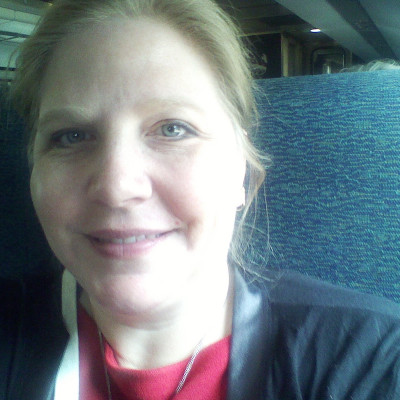
English Language Program Accreditation: Standards to Support Success #1090
The Commission on English Language Program Accreditation (CEA) is a U.S.-based non-governmental, non-profit accrediting agency that is recognized by the U.S. Department of Education as an authority on the accreditation of postsecondary English language programs in universities and colleges and independent English language schools. CEA provides accreditation services in the U.S. and internationally. Among accrediting agencies, CEA is considered a specialized agency in that it accredits a specific field of study. CEA is also considered a hybrid agency in that it grants both programmatic and institutional accreditation. CEA’s mission statement reflects CEA’s scope of accreditation as well as common attributes of accrediting agencies in the U.S. This presentation will briefly explain the development of CEA, its mission, and its values; provide information about the accreditation process; and highlight some requirements of the CEA Standards for English Language Programs and Institutions that support professionalism in English language teaching at the postsecondary level.

Designing an Intensive Reading Lesson #1056
If extensive reading is easy or pleasure reading, intensive reading may be the opposite: the teacher selects slightly more challenging texts, and readers practice target skills and strategies when approaching the text. In many classrooms, the qualities of intensive reading may be more common than those of extensive reading, but how sure can we be that students are reading intensively? In this workshop, we’ll approach the defining goals and traits of intensive reading, including the common reading stages (before, during and after reading), lesson design considerations, and digital tools that could help teachers and students alike. As not all reading class contexts are the same, we may also discuss how elements of the intensive reading process can be adapted to the audience’s teaching context.

KOTESOL Connections: Back to Square One – Reflective Practice in Uncertain Times #1149
2020 was a year without precedent. As educators, we were faced with unexpected challenges that forced many of us to abandon time-honored teaching methods in favor of new, unfamiliar ones that may not have always worked. Thomas S.C. Farrell’s (2016) book on reflective practice, From Trainee to Teacher, takes readers on a journey of three novice ESL teachers as they navigate their first year in the classroom. From the initial “shock,” to having to “sink or swim,” to questioning one’s teacher beliefs, the experiences of these novice teachers contain stark similarities to the experiences of many educators, both new and seasoned, within the past year. Participants will reflect on their classroom experiences in 2020 through the lens of a novice teacher. They will also be given a set of tools based on Farrell’s reflective practice framework that they can use to examine their own teaching practice more critically.
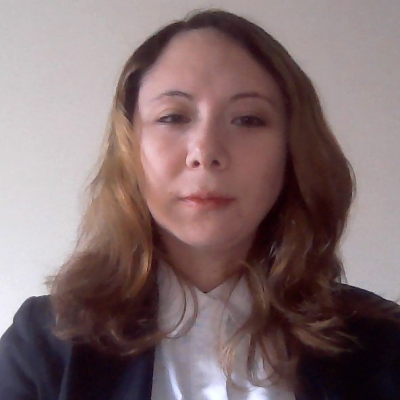
Creating Corpus-Based Materials #1008
Corpora are powerful tools that can help students drastically improve their language skills. This workshop will show participants how to create and analyze corpus-based materials. It will mainly focus on collocations, connotations, frames, and areas of usage. It will focus on how to effectively use the Sketch Engine for Language Learning and the COCA corpus.
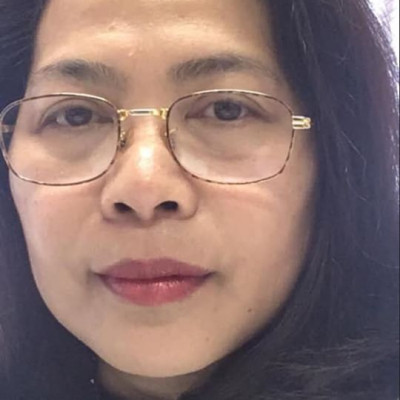
Revitalizing Students' Motivation Through Gratitude Intervention #1112
This study reports on how a gratitude-centered intervention helped to raise students’ motivation to study English between 2019 and 2020, amidst a climate of global uncertainty brought about by the COVID-19 pandemic. The research involved ongoing observations of weekly basic English communication classes with a total of 300 students participating during the time period of the project. This work on gratitude is a part of broader work on positive psychology in language education, including the development of themed narrative mini-books and self-compassion workshops. In the current study, gratitude-centered concepts were first introduced in lecture style with supportive multimedia examples. Later, students engaged in gratitude activities such as co-constructing a gratitude box, a gratitude journal, and a storybook writing. Written questionnaires were also given to students towards the end of each 15-week semester. Throughout the project, motivation, attendance, attentiveness, gratitude, and "being aware of the small things" were seen to increase.
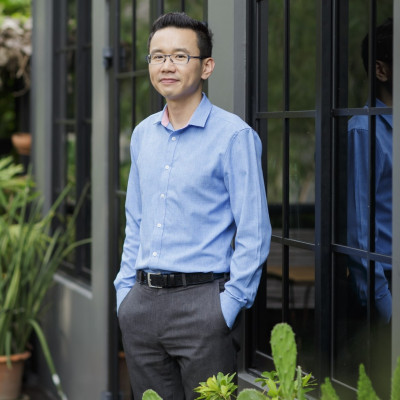
From Linguistic Challenges to Classroom Activities: Preparing EIL Hosts for Visitors #1051
Through the lens of English as an international language (EIL), this study investigates linguistic challenges university students and tour guides in Thailand have when hosting foreign visitors, and how those challenges can be addressed in classroom activities. A questionnaire was distributed to 113 university students and 70 tour guides. Additionally, interviews with 7 students and 2 tour guides were employed for data triangulation. It was found that the participants had problems with specialized vocabulary, especially those related to architecture and Thai culture. Visitors’ accents and low language ability also hindered the success in hosting visitors. A two-hour session incorporating EIL tenets of communication strategies and inter-cultural sensitivity that addressed those linguistic challenges was implemented with 30 students. This study hopes to provide insights into commonly found linguistic problems for visitor hosts. These can be considerations for English for Tourism course designers and teachers.

Play with Me, Please! #1087
Play is absolutely essential for human development. How can we help our students to find balance and motivation again in this difficult period of change and crisis? Playing. It's so simple and so necessary. But we need to play before them, to discover specific skills, and after be ready to give a new and daring shape to our classes. How can we do this? With playful creativity and specific exercises. This workshop will be highly interactive with slides, videos, materials, and practice.
*** Participants, please bring paper, scissors, glue, and colored pencils or markers! The presenter also recommends two or three acrylic paints in your favorite colors, one or two white sheets of paper, a shoebox or something similar, and some objects you like: ephemera, erasers, pencils, coins, fabric, etc. ***
(NOTE: Rescheduled from Feb. 21, 4-5:20 p.m.)
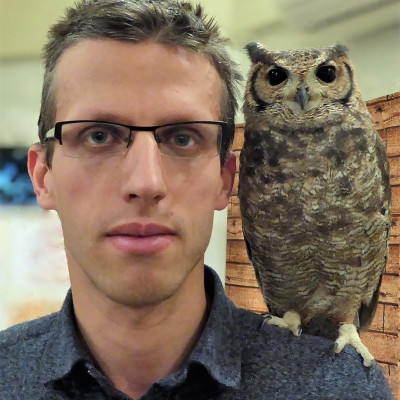
Teaching English for Lingua Franca Communication: Korean Speakers and Beyond #1115
For most learners and speakers today, English is a language learned predominantly for interaction with other non-native users. We shall discuss how these users adapt and variably alter English ad hoc to suit their communicative purpose, thus preserving their identity without striving to mimic native speakers’ conventions. We will present the results of the first comprehensive analysis of the complete conversation subcomponent of the Vienna-Oxford International Corpus of English, focusing on (a) the possible causes of communication breakdowns in ELF communication, and (b) strategies employed by speakers in order to both prevent and overcome such failures. We categorize and show the distribution of the sources of breakdowns as well as the compensatory strategies. These considerations will steer us towards a discussion of the implications for language pedagogy, taking as an example learners who are L1 speakers of Korean, and conclude with recommendations for the translation and interpreting professions.
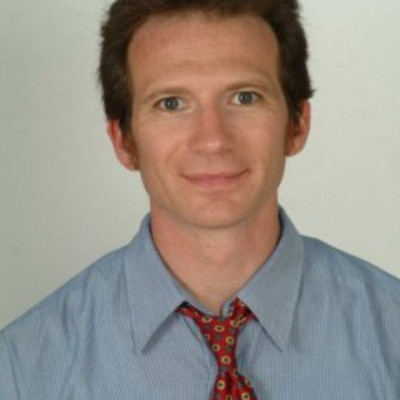
Feedforward: Text Response Techniques That Improve Student Writing #1118
Teachers spend hours reading, correcting, and giving feedback on learner writing. It is widely perceived as being part of a teacher’s job and a valuable form of language input. But how much do learners understand from teacher responses to texts? What do the learners take away from teacher feedback, and how useful is teacher input on student texts for language learning and writing skills development? If teachers are going to invest time and effort in text response, then it is important to identify what writing feedback techniques are impactful and effective for making the next piece of writing better. This presentation focuses on effective, accessible methods of responding to learner writing, the ideas behind them, and how teachers and students perceive feedback in practice. Quantitative data will show which techniques learners and teachers prefer and why. The session will explore tactics for realizing learning through teacher input on student writing.